Effective Septic System Odor Removal: Expert Tips & Tricks
Septic System Odor Removal Guide: Tips that Work
Septic system odors can make your home environment unpleasant and can indicate underlying issues that need immediate attention. Septic tank odors are typically caused by a variety of factors including improper maintenance, clogged filters, or chemical imbalances in the tank. Addressing these odors not only improves your comfort but can also prevent costly repairs later.
Table of Contents
Key Takeaway:
- Septic system odors can be a sign of serious problems.
- Common causes include clogged filters, chemical imbalances, and poor maintenance.
- Regular septic system inspections and immediate action can save you money in the long run.
Understanding Septic System Odor Removal
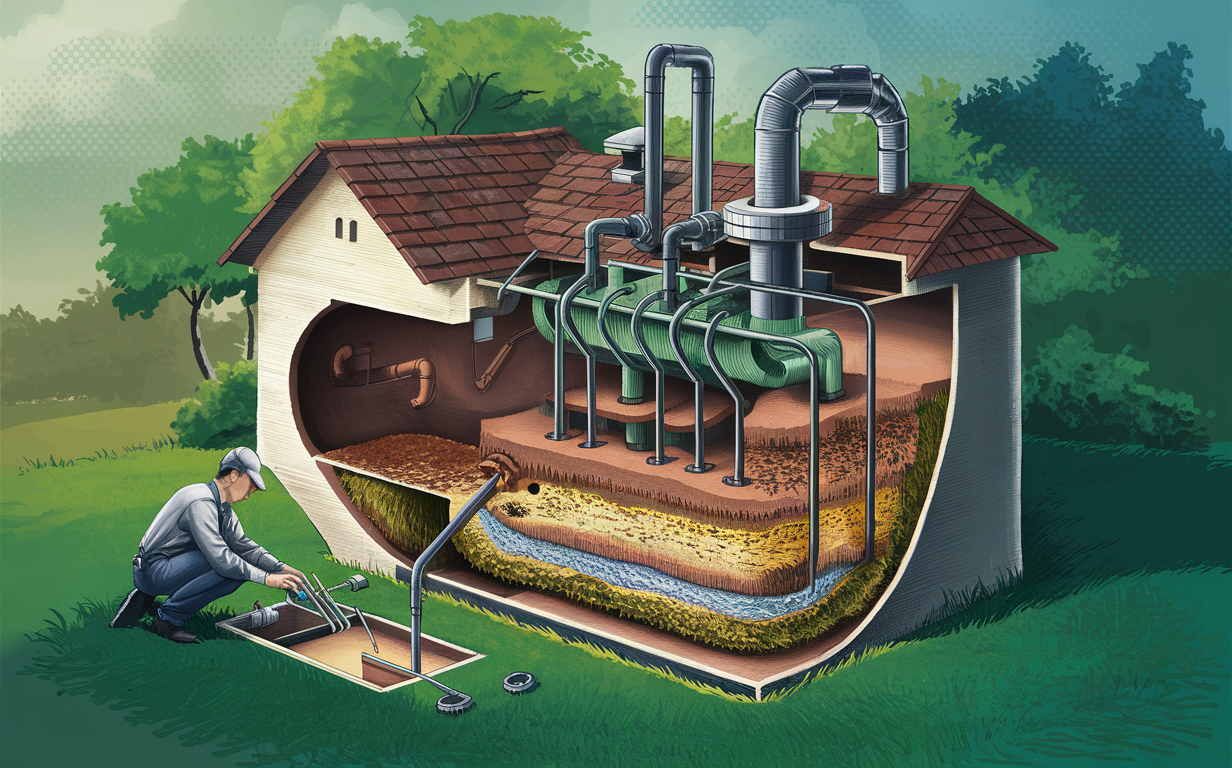
What Causes Septic System Odors?
Septic system odor removal arise from several common issues. One primary cause is poor maintenance. If the tank isn’t pumped regularly, it can overflow or become clogged, releasing foul odors. Another common cause is a buildup of waste, which can produce sulfurous smells.
Common Causes of Septic System Odors
| Cause | Description |
|---|---|
| Clogged Filters | Blockages in the filters can restrict airflow and cause backups. |
| Chemical Imbalances | Incorrect levels of bacteria and chemicals can lead to foul smells. |
| Poor Maintenance | Failing to pump the tank regularly can cause waste buildup and overflow. |
| Damaged Components | Cracks or damages in the tank or pipes can let odors escape. |
Immediate Steps to Take for Odor Removal
- Check for Clogs: Ensure that all filters and pipes are free from blockages.
- Inspect for Damage: Examine the septic tank and its components for any visible damage.
- Pump the Tank: If it’s been a while since the last pump, schedule a septic tank pumping as soon as possible.
- Use Enzyme Additives: Add enzyme products to the tank to restore the chemical balance.
Preventative Measures
Regular maintenance is key to preventing Septic system odor removal. Schedule inspections and pump-outs regularly based on the size of your tank and the number of occupants in your home. Most systems need pumping every 3-5 years, but larger households or smaller tanks may require more frequent service.
Best Practices for Septic System Odor Removal Maintenance
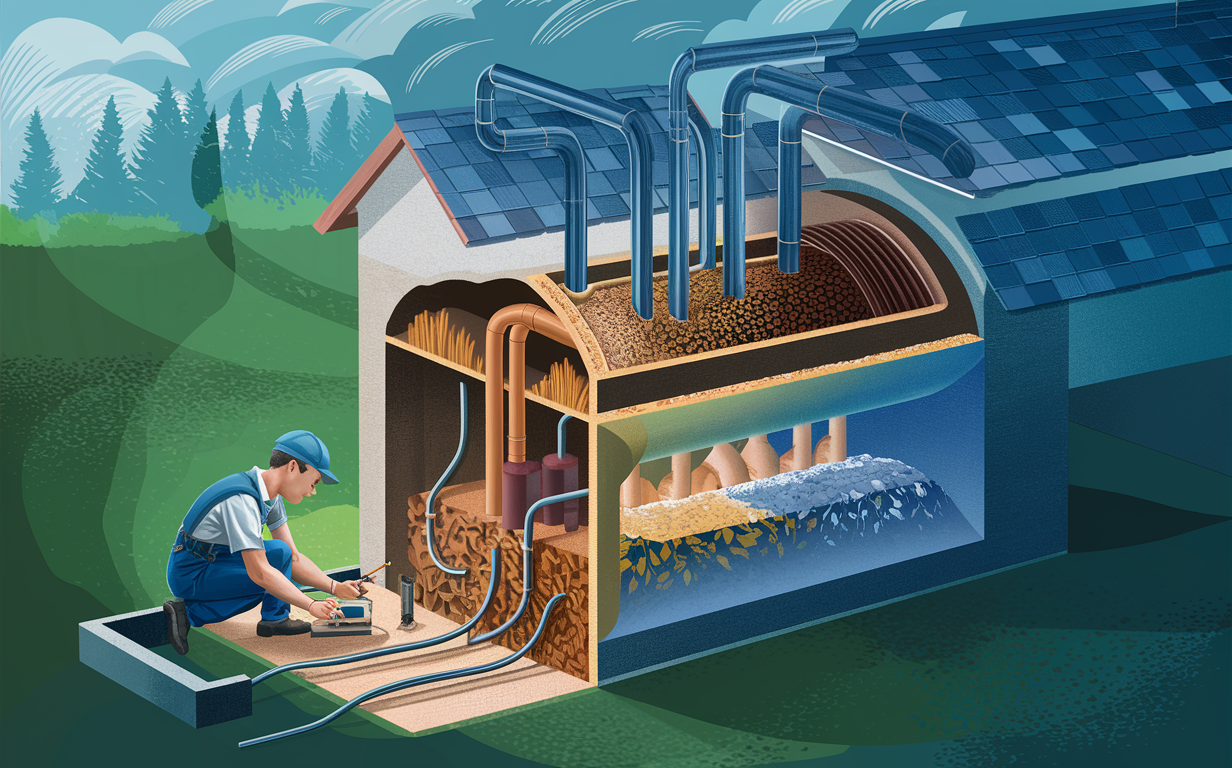
Scheduled Inspections
Regular inspections can catch small issues before they become big problems. During an inspection, a professional will check your tank’s levels, look for cracks or leaks, and ensure all components are functioning correctly.
Suggested Inspection Frequency
| Household Size | Tank Size (Gallons) | Inspection Frequency |
|---|---|---|
| 2-4 people | 1000 | Every 3 years |
| 5-6 people | 1500 | Every 2 years |
| 7+ people | 2000+ | Every 1-2 years |
Proper Use of Enzyme Additives
Enzyme additives help maintain the bacterial balance in your septic tank. They break down organic materials and keep your system functioning efficiently. Use these additives according to the manufacturer’s instructions to avoid disrupting the tank’s balance.
Avoiding Harmful Chemicals
Avoid pouring harsh chemicals down your drains. Chemicals like bleach and ammonia can kill the beneficial bacteria in your tank, leading to imbalances and odors. Stick to biodegradable soaps and cleaners to maintain a healthy system.
Keeping Drain Fields Clear
Your septic system’s drain field is an essential part of the process. Keep this area free from heavy objects, vehicles, and deep-rooted plants that can damage the field and cause system failures leading to odors.
Practical Tips from Experts
- Routine Checks: Schedule routine inspections and pumping to catch issues early.
- Use Enzymes: Regularly use enzyme additives to maintain a healthy bacterial balance.
- Avoid Chemicals: Limit the use of harsh chemicals to keep the tank balanced.
Key Tips for Odor-Free Septic Systems:
- Regular Maintenance: Stick to a consistent maintenance schedule.
- Proper Additives: Use enzyme additives as recommended.
- Inspect Regularly: Frequently check for any signs of damage or blockage.
Common Myths about Septic System Odors
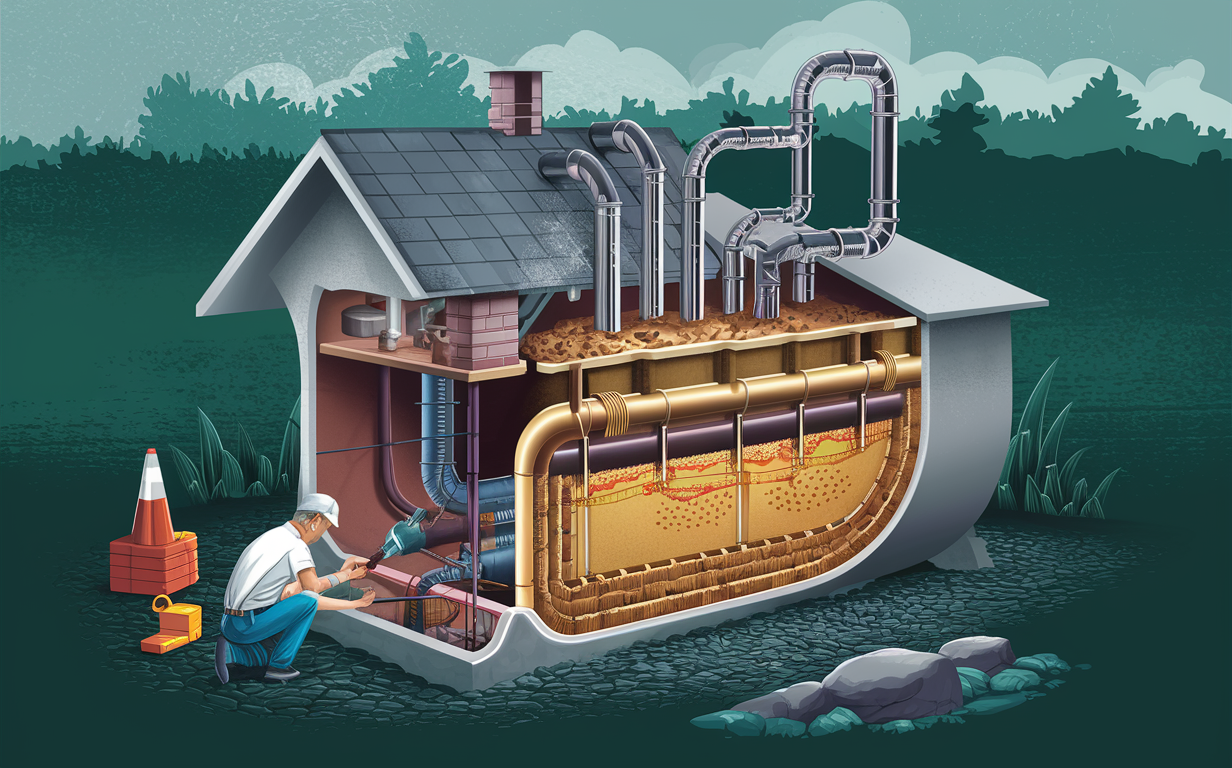
Septic Systems Don’t Need Regular Maintenance
Many believe that once a septic system is installed, it can be left alone. In reality, regular maintenance is crucial to prevent odors and costly repairs.
Additives Can Replace Pumping
While enzyme additives help maintain balance, they are no substitute for regular pumping. Pumping removes solids that additives can’t break down.
It’s Normal for Septic Systems to Smell
A properly functioning septic system should not produce noticeable odors. If you smell something, it’s likely a sign of a problem that needs addressing.
Importance of Professional Help
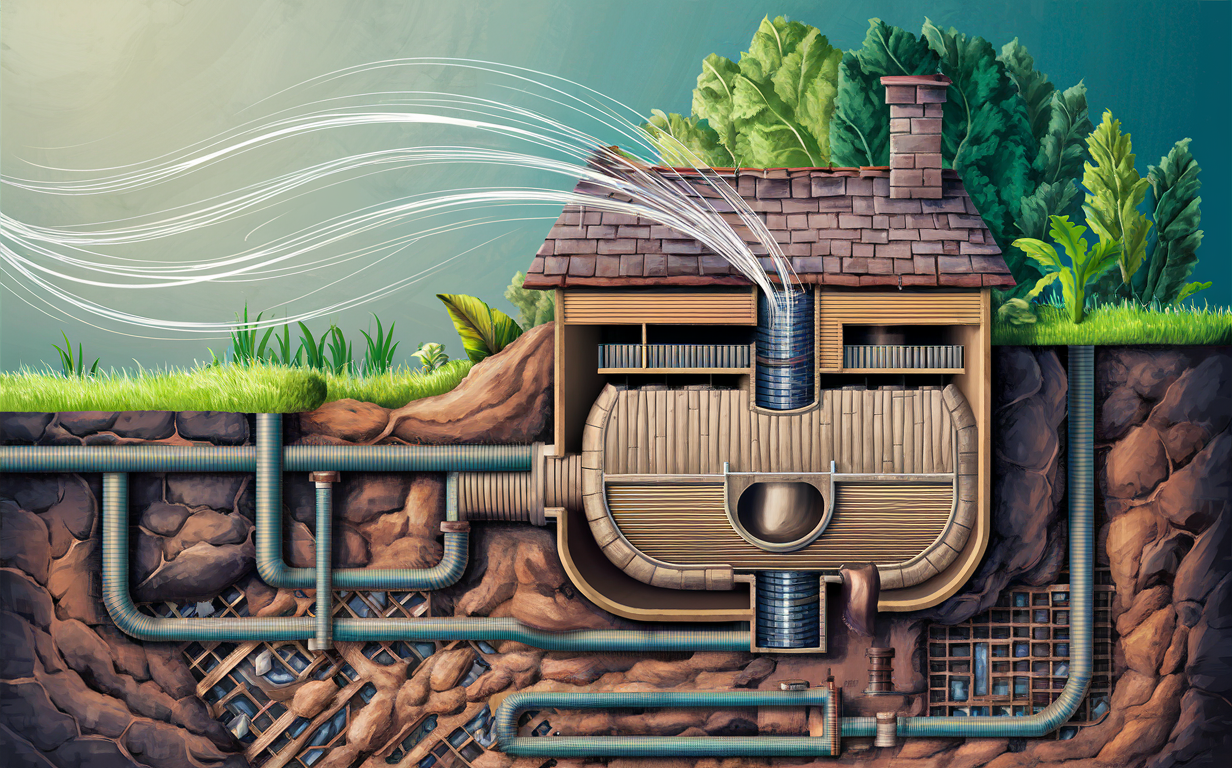
Finding the Right Professional
When dealing with Septic system odor removal, professional help is often necessary. Look for licensed and insured companies with positive reviews. Make sure they have experience dealing with the specific issues you’re facing.
What to Expect During a Service Call
A professional will typically inspect your system, diagnose the issue, and recommend a solution. This could involve pumping the tank, repairing damaged components, or suggesting changes to your maintenance routine.
Conclusion
Septic system odors removal are not just unpleasant; they can indicate serious underlying issues. Addressing these odors promptly through regular maintenance, proper use of additives, and professional inspections can save you time and money.
Keep your septic system functioning efficiently to maintain a comfortable and odor-free home environment. Feel free to visit our website or contact us for assistance.
Key Takeaway:
- Proactive Maintenance: Regular service prevents odors and major repairs.
- Enzyme Additives: Help maintain balance but don’t replace pumping.
- Professional Help: Experienced professionals are key to diagnosing and fixing issues.

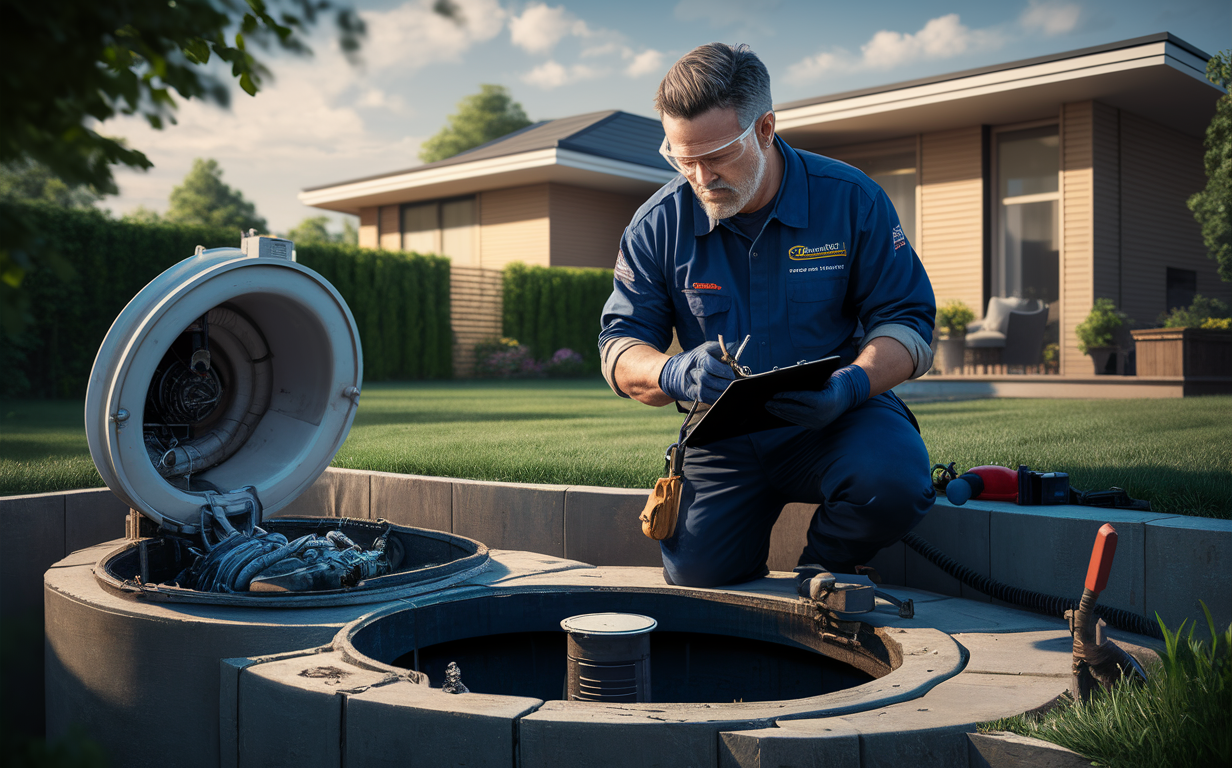


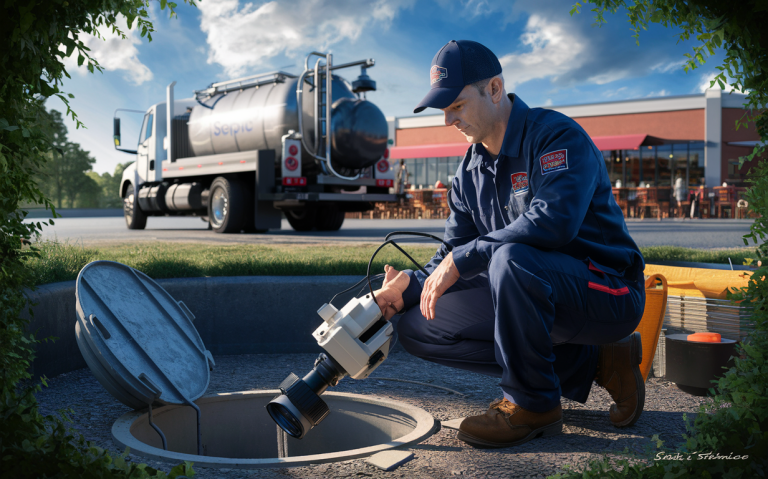

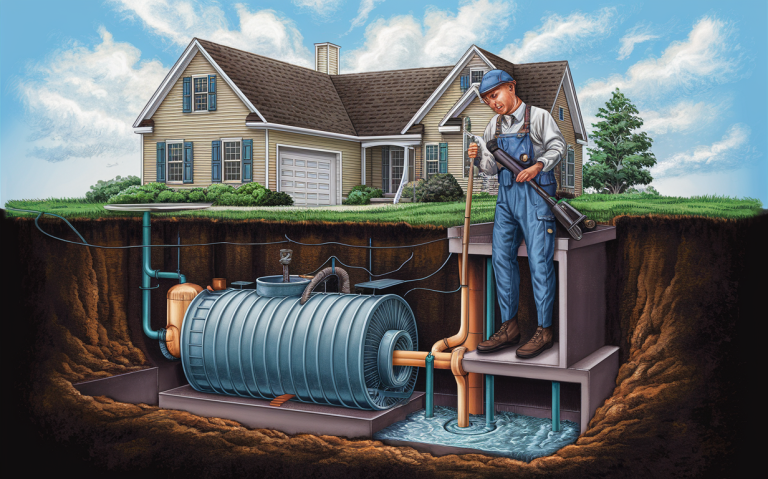
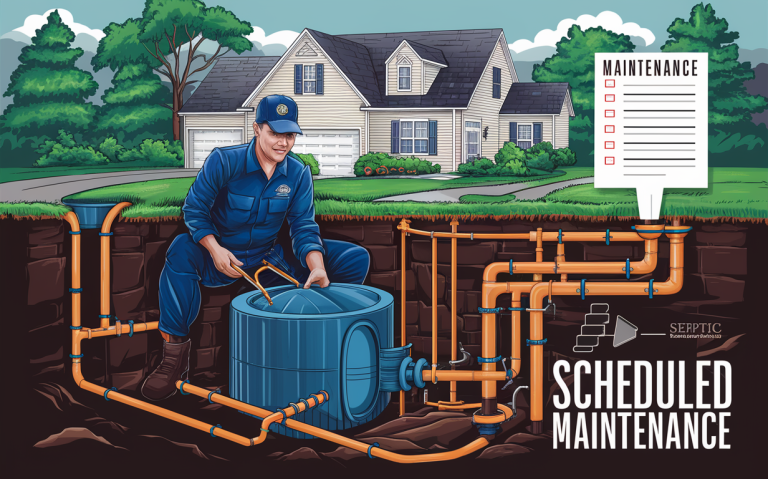
 Texway Wastewater Services is a septic, wastewater, and excavation company based out of Burleson, Texas and serving the surrounding areas. We specialize in
Texway Wastewater Services is a septic, wastewater, and excavation company based out of Burleson, Texas and serving the surrounding areas. We specialize in